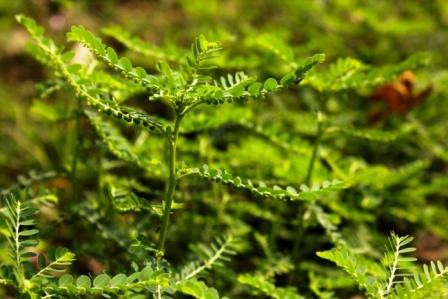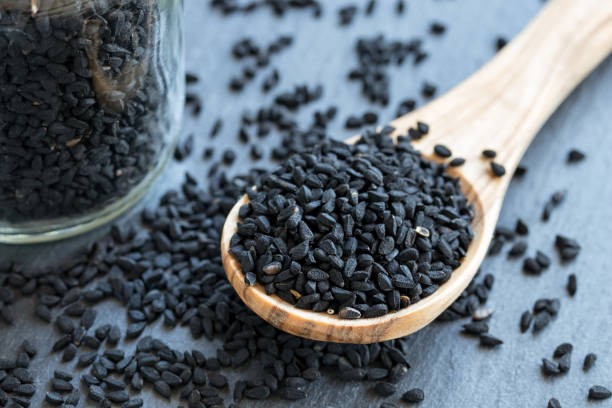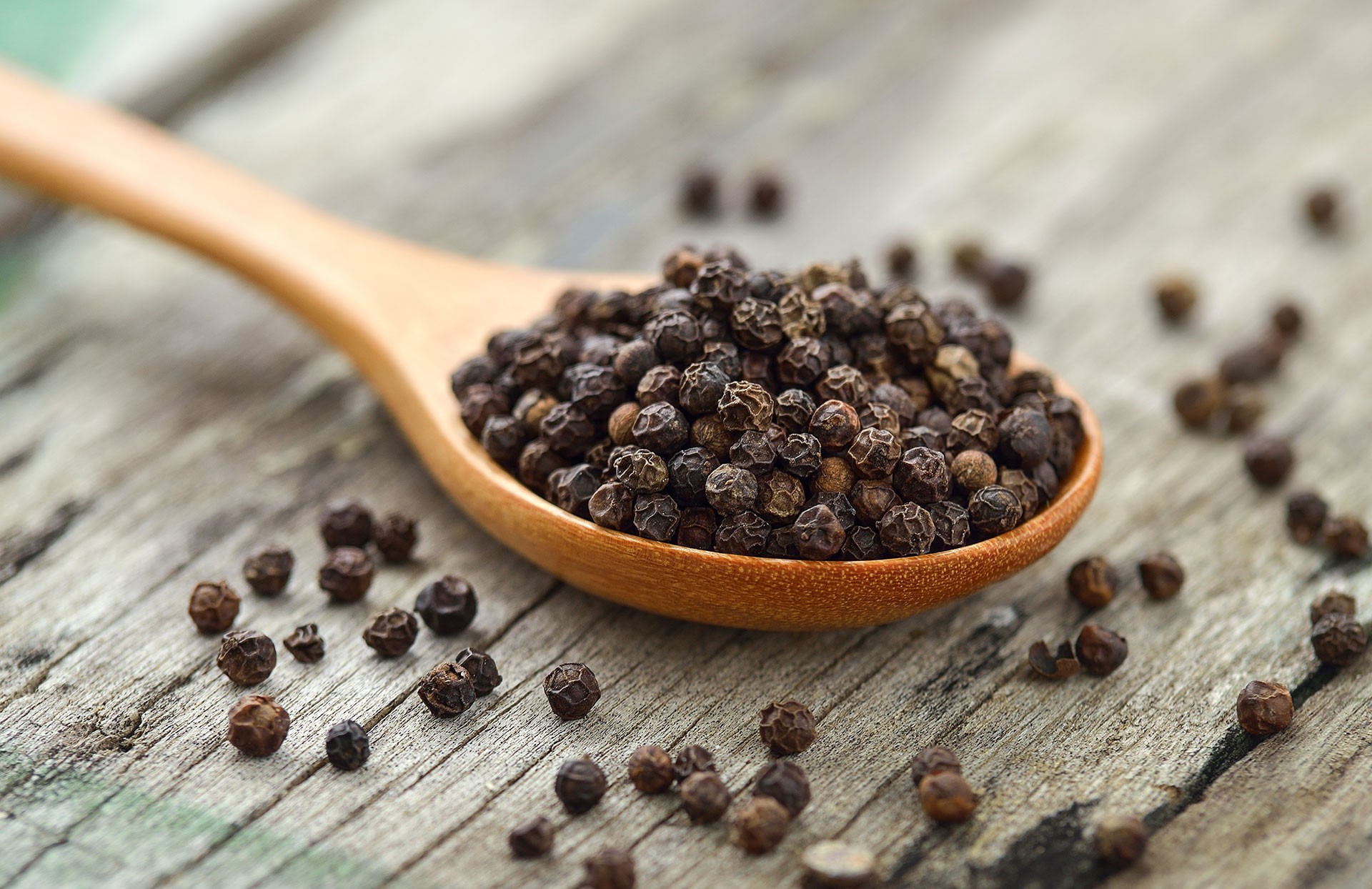
Background
Bhumiamalaki, also known as Phyllanthus niruri, Stonebreaker, or Dukong anak, is a small, tropical plant used widely in Ayurvedic, Siddha, and Traditional Chinese Medicine. Traditionally known for treating liver disorders, kidney stones, and viral infections, it has recently gained global attention for its hepatoprotective and antiviral properties.
Objective
To analyze the therapeutic potential of Bhumiamalaki, explore clinical evidence supporting its health benefits, and understand its applications in modern herbal medicine.
Key Active Compounds
-
Phyllanthin & Hypophyllanthin – Liver-protective and antioxidant properties.
-
Lignans & Flavonoids – Anti-inflammatory and immunomodulatory effects.
-
Alkaloids, Saponins & Tannins – Contribute to its antimicrobial and diuretic action.
Scientific Findings
1. Hepatoprotective Effects
-
Study: Research in Indian Journal of Pharmacology demonstrated Bhumiamalaki’s ability to reverse liver damage caused by toxins such as paracetamol and alcohol.
-
Mechanism: Stabilizes liver enzymes (SGOT, SGPT), enhances antioxidant activity, and protects hepatocytes.
2. Antiviral Activity (Especially Hepatitis B)
-
Study: A study published in The Lancet found that Bhumiamalaki extracts significantly suppressed Hepatitis B virus DNA polymerase activity in infected cells.
-
Result: Reduction in viral load and liver enzyme levels in clinical trials.
3. Kidney Stone Prevention
-
Traditional Use: Often called “Stonebreaker,” it’s been used to dissolve and prevent kidney and gallstones.
-
Study: Animal studies showed reduced formation of calcium oxalate crystals in the kidneys.
4. Immunomodulatory Effects
-
Enhances immune response and helps in managing autoimmune and chronic infections.
Market Impact
-
Growing Global Demand: Especially in liver care, detox, and antiviral herbal segments.
-
Export & Cultivation: Widely cultivated in India, Indonesia, Brazil, and parts of Africa.
-
Ayurvedic Brands: Himalaya, Baidyanath, and others market it as a core liver health remedy.
Challenges
-
Standardization: Varying levels of active compounds based on region and cultivation.
-
Overharvesting: Wild collection may threaten native populations; needs sustainable sourcing.
-
Limited Clinical Trials: More large-scale human trials needed for FDA or WHO recognition.
Conclusion
Bhumiamalaki is a time-tested herbal remedy with strong potential in managing liver disorders, viral infections like Hepatitis B, and kidney stones. Supported by both traditional wisdom and emerging research, it serves as a vital herb in liver detox formulations and preventive wellness supplements.
Gallery


